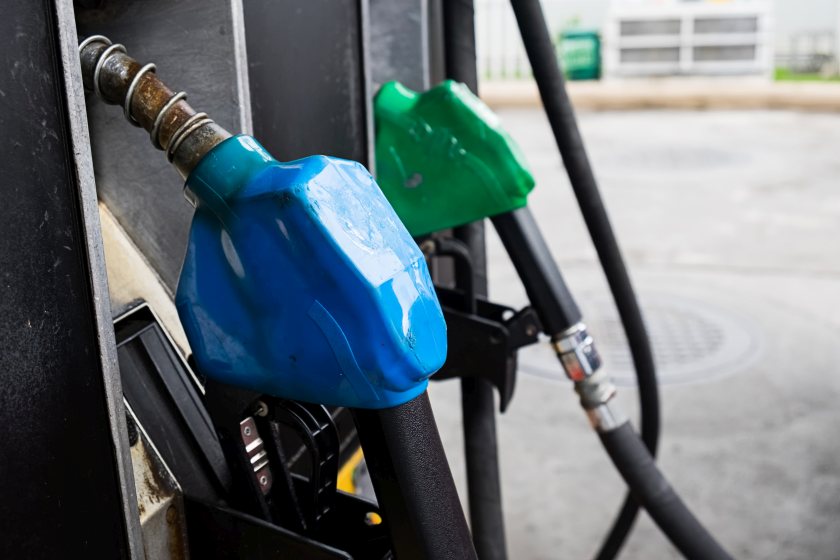
Britain's two largest bioethanol producers have issued a stark warning following the UK-US trade deal, warning that it posed an 'existential threat' to the domestic industry.
Under the agreement, a 1.4 billion-litre quota – equivalent to the entire current size of the UK bioethanol market – will now be imported tariff-free, reducing the existing 19% duty to zero.
Associated British Foods (ABF) and Ensus, which operate major bioethanol plants in Hull and Teesside respectively, have warned that US imports would put the entire domestic industry at risk.
Together, the two facilities represent almost the entirety of the country’s bioethanol production, purchasing more than two million tonnes of wheat annually from local farmers.
However, in a joint statement, Paul Kenward, CEO of ABF Sugar, and Grant Pearson, chairman of Ensus, warned that the plants may now have to shut down.
"We have already made commitments to farmers, and customers, which we will, of course, fulfil," they said.
"But we are fast approaching the point where we need to decide whether to sign new contracts. In the current conditions, that would be irresponsible.
"Hundreds of growers will lose a dependable market for wheat that cannot be used in breadmaking... they’ll be forced to export it at lower prices, while facing higher costs for imported animal feed.
"Without urgent government action, the UK’s bioethanol industry will simply vanish, leaving the country dependent on imported ethanol – while also losing significant domestic production of carbon dioxide and high-protein animal feed."
Bioethanol is a vital component in the UK’s efforts to decarbonise transport, fuelling the country’s standard E10 petrol blend and cutting emissions with every litre used at the pump.
Its manufacture also yields two key by-products: high-protein animal feed and carbon dioxide.
CO2 plays a crucial role across multiple sectors of the economy – from supporting surgical procedures in NHS operating theatres to regulating temperatures in nuclear reactors.
In the food and drink industry, it is essential for extending the shelf life of packaged goods and adding fizz to carbonated beverages.
In 2022, a national CO2 shortage sparked headlines about lager shortages during the World Cup.
The statement by the two bioethanol producers concluded: "The prime minister deserves a great deal of credit for unlocking the deal with Washington - now he must move quickly to protect what it puts at risk.
"Britain’s bioethanol industry is a strategic national asset, supporting thousands of jobs, and is critical to the country’s net zero ambitions and food security.
"It must not be sacrificed for a deal that solves one problem by creating another."
